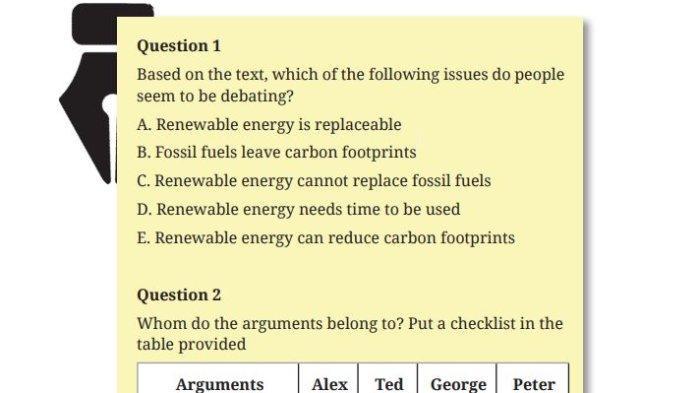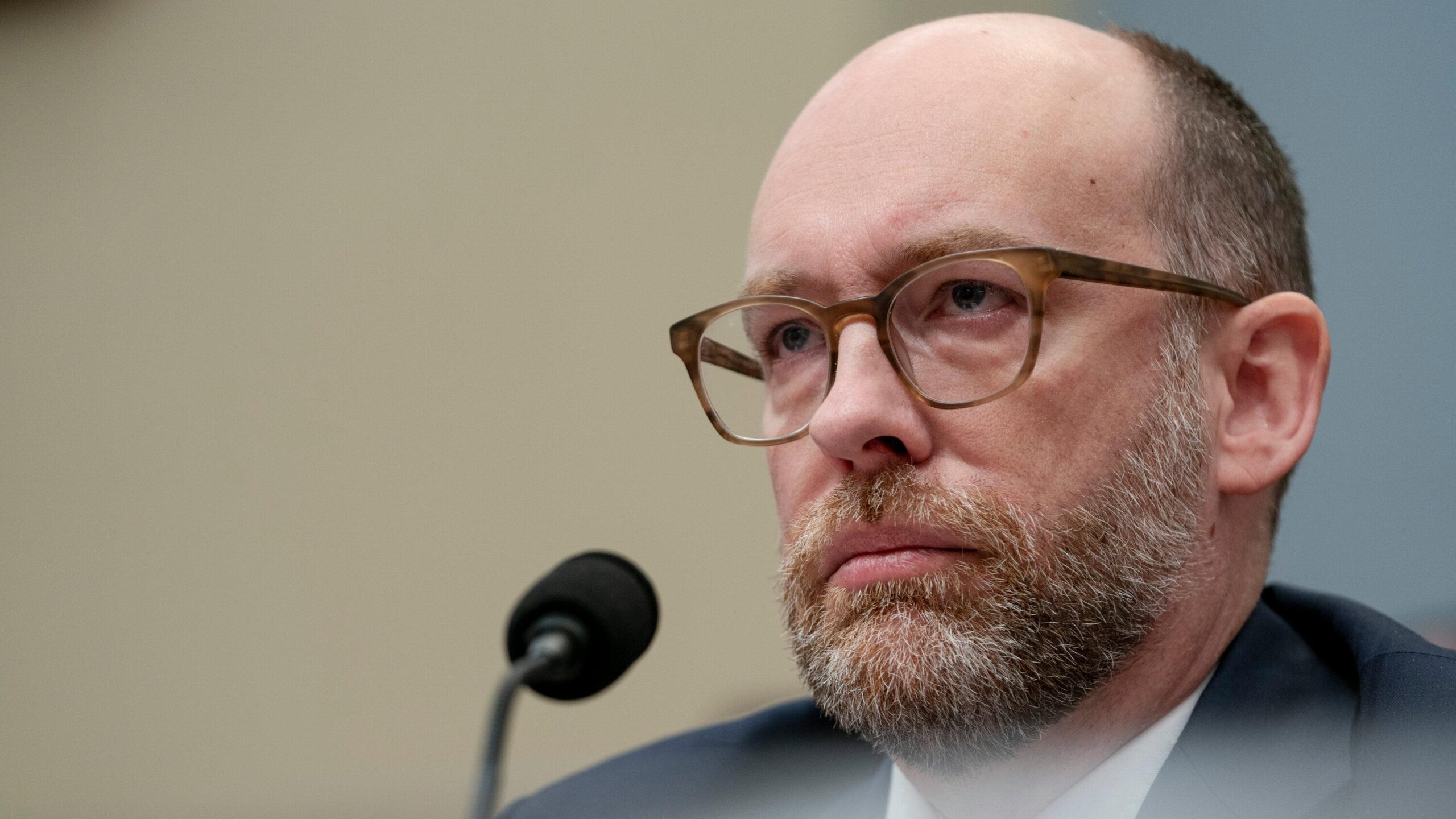In a move that has sent shockwaves through the political establishment, former President Donald Trump has nominated former U.S. Representative Doug Collins for the position of Secretary of Veterans Affairs. Collins, a staunch Trump ally and current pastor, is a controversial figure who has been both praised and criticized for his outspoken and unwavering support of the former president. His nomination has been met with mixed reactions, raising questions about his qualifications and the future direction of the Department of Veterans Affairs. This article delves into the details of Collins’ nomination, examining his background, policy positions, and the potential implications of his appointment for the nation’s veterans and the agency responsible for their care.

Examining Collins Qualifications for Leading the VA: Experience and Alignment with Trumps Agenda
Collins’ VA Leadership Experience
Collins possesses a notable background in veteran advocacy and healthcare policy. As a congressman, he served on the House Committee on Veterans’ Affairs and led efforts to expand access to mental health services and reduce veteran homelessness. His familiarity with VA’s operations and challenges positions him well to lead the department.
Alignment with Trump’s Agenda
Collins is generally aligned with President Trump’s priorities for the VA. He supports Trump’s efforts to increase VA accountability and efficiency, and he shares the president’s belief in expanding private-sector healthcare options for veterans. Collins has also expressed support for Trump’s goal of reducing opioid addiction among veterans.
Addressing Key Challenges in Veteran Affairs: Collins Proposed Reforms and Recommendations
Key Challenges in Veteran Affairs
Collins proposes initiatives to tackle the pressing issues facing Veteran Affairs:
Modernizing the Electronic Health Record System: Streamlining the current fragmented system to improve care coordination and patient outcomes.
Expanding Telehealth Services: Expanding access to healthcare for veterans in rural or isolated areas, reducing travel times and expenses.
Reducing Veteran Homelessness: Implementing housing assistance programs and supportive services to combat the escalating homelessness crisis among veterans.
Improving Mental Health Care: Enhancing mental health services through comprehensive screening, counseling, and support networks to address the high rates of mental health issues among veterans.
Reforms and Recommendations
To address these challenges, Collins advocates for the following reforms:
- Overhauling the Claims Process: Simplifying the complex claims process to expedite veterans’ access to benefits and support.
- Creating a Patient Advocate Program: Establishing a system to assist veterans in navigating the healthcare system and accessing the services they need.
- Increasing Workforce Training and Development: Investing in training and education programs to attract and retain qualified healthcare professionals in the VA system.
- Promoting Collaboration with Community Partners: Fostering partnerships with community organizations and healthcare providers to provide comprehensive support services for veterans.
* Reinvigorating the VA: Collins Vision for Improved Healthcare and Support Services
Former Rep. Doug Collins has a vision to improve healthcare and support services for veterans, focusing on three main areas: access to care, quality of care, and accountability.
Collins plans to expand access to care by increasing the number of VA clinics and telehealth services, as well as reducing wait times for appointments. He also wants to improve the quality of care by recruiting and retaining top medical professionals, investing in new technologies, and enhancing patient safety. Collins believes in holding the VA accountable for its performance and ensuring that veterans receive the best possible care and support. Here’s a detailed plan outline:
- Expand access to care:
– Increase the number of VA clinics
– Increase availability of telehealth services
– Reduce wait times for appointments
- Improve quality of care:
- Recruit and retain top medical professionals
- Invest in new technologies
- Enhance patient safety
- Increase accountability:
- Hold the VA accountable for its performance
– Ensure transparency and responsiveness to veterans
Closing Remarks
As the sun sets on another chapter in the story of the Department of Veterans Affairs, we eagerly anticipate the transformative impact that Congressman Collins’ leadership will bring. His nomination marks a testament to the unwavering commitment to providing our veterans with the exceptional care and benefits they have earned. Let us now turn our collective focus toward the future, where we envision a VA that seamlessly delivers on its mission of empowering our nation’s heroes.


